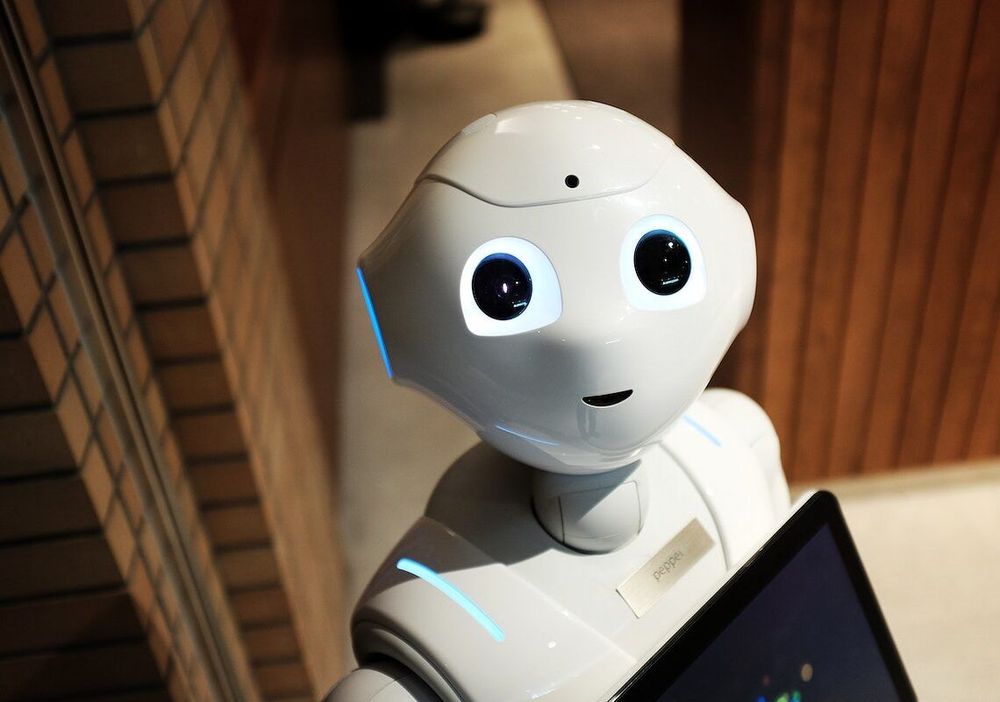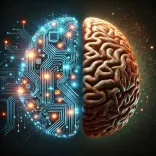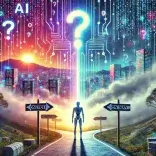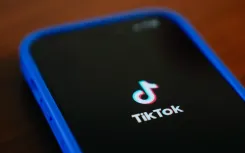The Impact of AI on Jobs by 2030

The rise of artificial intelligence (AI) continues to disrupt the world of work. By 2030, many jobs will be directly or indirectly impacted by automation, machine learning, and other AI-related technologies. While some professions will see their tasks simplified and optimized, others could be completely transformed, or even disappear. Here’s an overview of sectors and jobs that are likely to experience significant changes, along with a list of 20 jobs that will be affected by AI.
Direct Impact of AI
Jobs directly impacted by AI are those where routine and repetitive tasks can be more effectively handled by algorithms and intelligent machines. These professions may see their current tasks replaced, partially or completely, by AI.
Indirect Impact of AI
Some jobs will be less immediately affected but will still benefit from the innovations brought by AI. This could manifest as improved workflows, better decision-making through data, or increased productivity due to partial automation of certain tasks.
List of Jobs Affected by AI by 2030
| Directly Impacted Jobs | Indirectly Impacted Jobs |
|---|---|
| 1. Call Center Agents | 1. General Practitioners |
| 2. Cashiers | 2. Construction Engineers |
| 3. Factory Operators | 3. Lawyers |
| 4. Taxi and Ride-Share Drivers | 4. Teachers |
| 5. Telemarketers | 5. Architects |
| 6. Administrative Assistants | 6. Robotics Engineers |
| 7. Financial Analysts | 7. Software Developers |
| 8. Accountants | 8. Management Consultants |
| 9. Translators | 9. Graphic Designers |
| 10. Maintenance Technicians | 10. Journalists |
Detail of Directly Impacted Jobs
Call Center Agents: AI and chatbots will replace much of customer service.
Cashiers: The rise of self-checkout systems reduces the need for cashiers.
Factory Operators: Automation in production lines eliminates the need for manual labor.
Taxi and Ride-Share Drivers: Autonomous vehicles promise to reduce the demand for human drivers.
Telemarketers: AI solutions will autonomously handle phone sales.
Administrative Assistants: Smart tools can handle office tasks and organization.
Financial Analysts: AI can analyze complex financial data at unprecedented speeds.
Accountants: Automation software can perform repetitive accounting tasks.
Translators: Automated translation systems are becoming more accurate.
Maintenance Technicians: Predictive maintenance with AI reduces the need for human technicians.
Detail of Indirectly Impacted Jobs
- General Practitioners: AI will assist in diagnosing diseases and analyzing medical images, but human interaction will remain essential.
- Construction Engineers: AI will optimize design and planning processes, but manual tasks will persist.
- Lawyers: AI tools for legal research and document analysis will allow lawyers to focus on more complex aspects.
- Teachers: AI-based learning platforms will enhance personalized teaching, but human guidance will still be needed.
- Architects: AI will assist in building modeling, but creativity and human experience will remain in demand.
- Robotics Engineers: They will increasingly work with intelligent systems, but their role will evolve toward machine oversight and improvement.
- Software Developers: AI will speed up coding, but innovative software development will still require human skills.
- Management Consultants: AI will facilitate data analysis, but strategy will remain a human task.
- Graphic Designers: AI-assisted tools will generate designs, but creativity and adaptation will remain human responsibilities.
- Journalists: Automated writing systems will produce factual content, but investigative journalism will still require human intervention.
By 2030, AI will radically transform the world of work. While some jobs will disappear or diminish due to automation, others will be enhanced by intelligent technologies. This transition will require significant skill adaptation, with a focus on professions where humans bring unique added value compared to machines.





